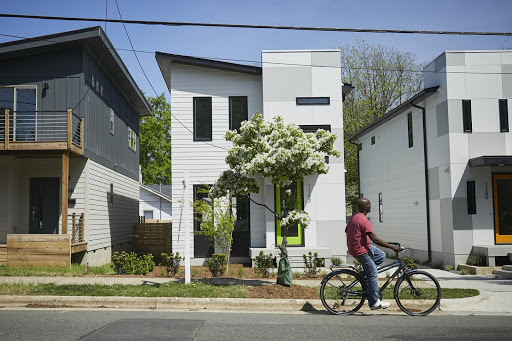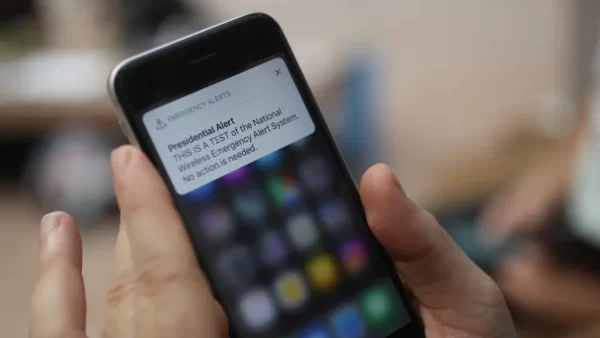Gentrification disrupting Raleigh neighborhoods

Photo by Logan Cyrus via The New York TImes
Homes in Raleigh’s South Park neighborhood
Lower-class communities in downtown Raleigh are being disrupted as the upper and middle-class purchase the land out from under their feet.
As the urbanization of downtown Raleigh continues, real estate agencies and prospective companies are stripping down old buildings to build new houses and businesses. The Southpark neighborhood in downtown Raleigh has been a traditionally black community as it developed around Shaw University, a historically black college. However, white home buyers have disrupted this community both economically and socially as they strip down old houses and build new, clearly higher-income homes.
“The white homebuyers who have recently moved in have average incomes more than three times those of the typical household already here,” The New York Times reported.
White home buyers purchasing land that was previously low cost at a high price has made living in these disrupted neighborhoods for lower-income households unaffordable, leaving no choice but to relocate.
Minorities are at the forefront of the effects of gentrification. In cities across the United States, African Americans and Hispanics are being displaced as demand to be near the Central Business District increases. In Raleigh, the white people moving into Southpark are receiving nine out of every ten mortgages and tearing down old houses, removing valuable history.
The negative effect Gentrification has on minority groups and those of the lower class should not be disregarded, however, positive impacts can also arise from the process and these can be seen in Raleigh.
Gentrification can clean up cities, boost the economy, and provide new jobs. The building of new business offers new job opportunities and the reconstruction of old worn down buildings cleans up the city’s aesthetic. For example, the new Publix located down the street from Broughton has provided Raleigh citizens with new jobs. New apartments downtown, such as SkyHouse Raleigh in the Warehouse District, allow individuals to be located closer to the Central Business District, shortening commutes to work.
As Raleigh continues to develop and urbanize, gentrification within the downtown area is only going to enhance. Broughton students who are members of lower-income families located in the downtown area are not immune to the negative effects of gentrification and suffer the consequence of being forced to move out of their childhood house because the cost of living has grown exponentially.




